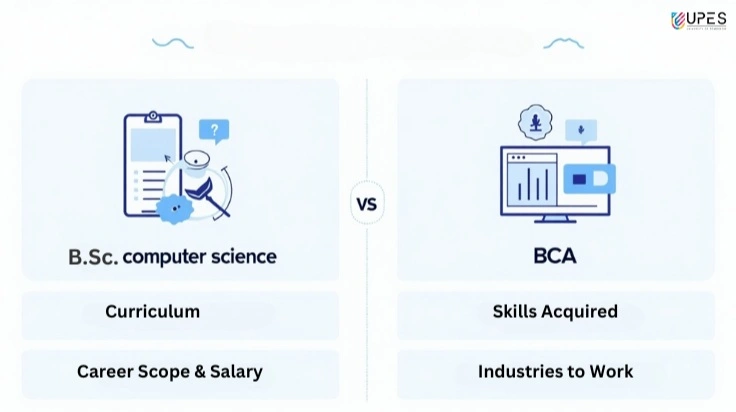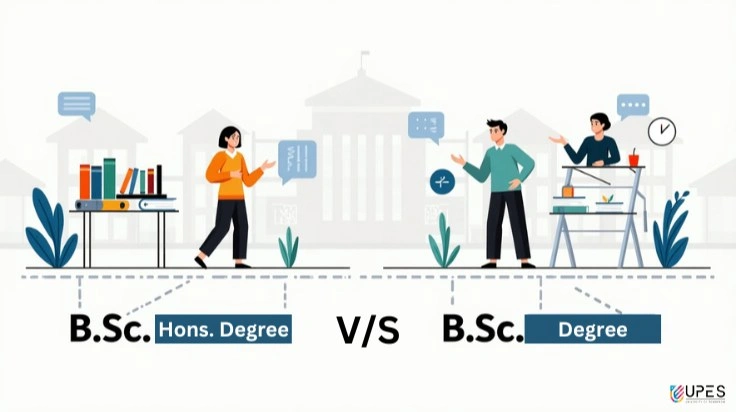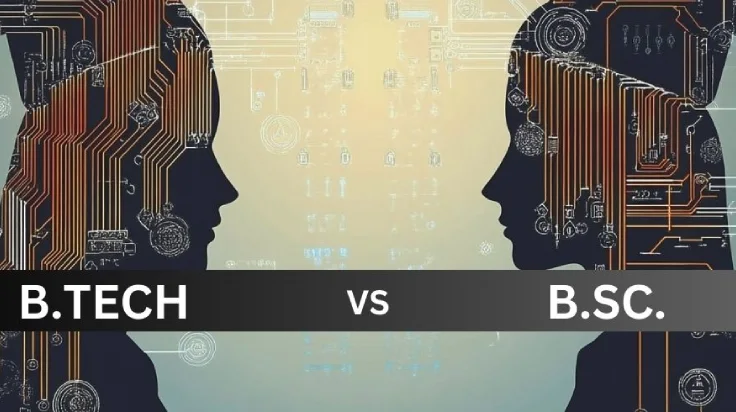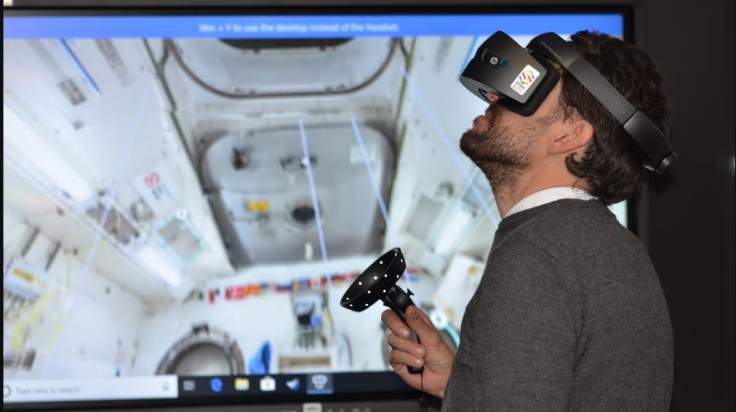UPES professor’s AI-powered solution for snakebite prevention and antivenom production
- UPES Editorial Team
- Published 24/02/2025
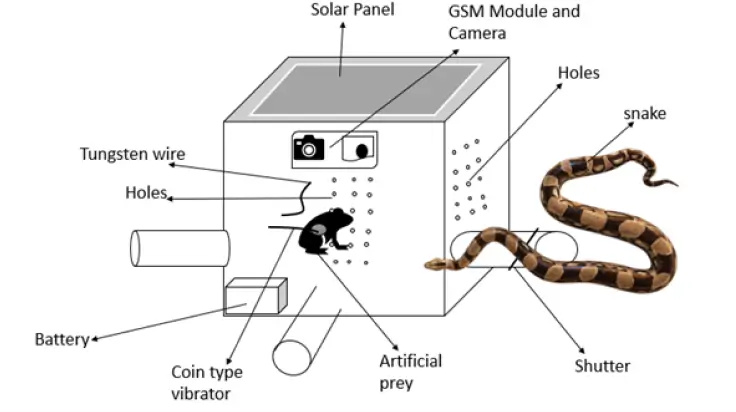
The device is aimed at reducing human-snake conflicts, besides contributing to venom research and wildlife conservation
Snakebite incidents pose a significant threat in India, particularly in rural and tribal regions where access to immediate medical care is limited. Every year, thousands of lives are lost due to venomous snakebites, with Bihar, Jharkhand, and Madhya Pradesh among the most affected states. To address this pressing issue, Dr. Neelu Jyothi Ahuja, Professor at UPES School of Computer Science, is leading a groundbreaking project to develop an AI-based Smart Snake Trapping Device. This innovation is designed to mitigate human-snake conflicts, ensuring safer communities while also contributing to venom research and conservation efforts.
Become future-ready with our Computer Science programs
Know MoreFunded under the Science for Equity, Empowerment, and Development (SEED) scheme by the Department of Science and Technology (DST), this project aims to provide a sustainable, technology-driven solution to a longstanding problem.
At the core of this initiative is an innovative device that leverages artificial intelligence, automation, and sustainable energy to safely capture snakes and alert local rescuers. The device features a scent-based lure combined with a heated artificial prey, mimicking a real animal to attract snakes. Once inside, the snake is unable to escape due to a non-return valve mechanism. A high-resolution camera then captures an image of the snake, which is processed using an AI-powered classification algorithm to determine whether it is venomous or non-venomous. Simultaneously, a GSM communication module sends an alert message to the nearest rescue team, ensuring the snake is relocated safely to its natural habitat.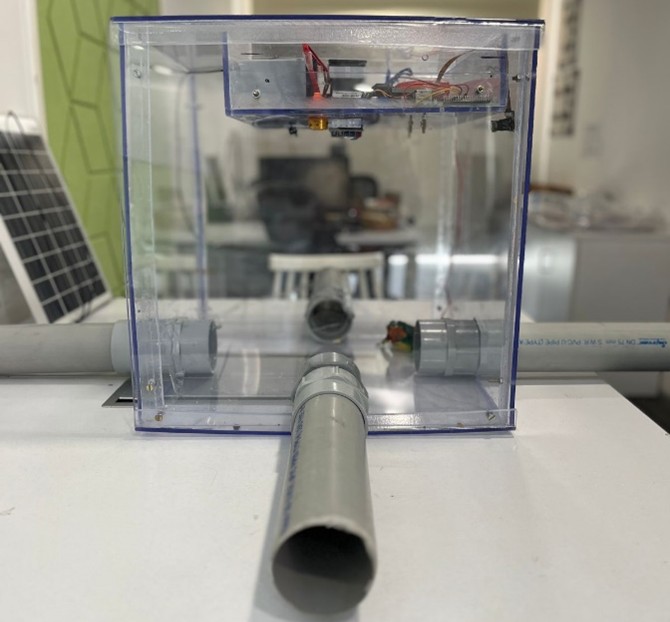 According to Dr. Neelu Jyothi Ahuja, the principal investigator of the project, “Our goal is to create a solution that not only protects human lives but also fosters coexistence with wildlife. By integrating AI with practical engineering, we are empowering communities with a safe and efficient way to handle snake encounters while also supporting venom research and conservation efforts.”
According to Dr. Neelu Jyothi Ahuja, the principal investigator of the project, “Our goal is to create a solution that not only protects human lives but also fosters coexistence with wildlife. By integrating AI with practical engineering, we are empowering communities with a safe and efficient way to handle snake encounters while also supporting venom research and conservation efforts.”
The Smart Snake Trapping Device is built using a modular and cost-effective design, making it suitable for widespread deployment. A solar-powered system ensures the device operates efficiently, even in remote areas, while a GSM communication module with a 4G SIM facilitates real-time alerts. The AI-based image classification system, powered by a Raspberry Pi 5, identifies snake species, while the heated artificial prey, combined with embedded vibration mechanisms, effectively attracts snakes into the trap. A non-return valve mechanism prevents escape, and an infrared night vision camera ensures clear imaging in low-light conditions. Additionally, an RTD sensor regulates the internal temperature, ensuring the device remains functional across varying environmental conditions.
The impact of this project extends far beyond snakebite prevention. By preventing snakebite incidents, families are spared the financial burden of emergency medical care. The initiative creates employment opportunities by training local communities to assemble, maintain, and deploy the devices. The device itself promotes environmental sustainability, as it is constructed using waste plastic, making large-scale deployment both cost-effective and eco-friendly. Moreover, safely captured snakes contribute to antivenom production, facilitating advancements in medical research and improving healthcare outcomes. The project also fosters conservation efforts by ensuring the safe relocation of snakes, reducing unnecessary snake killings that often result from panic and fear.
This initiative includes awareness campaigns aimed at educating rural populations about first-aid measures, snake behaviour, and effective response strategies. These efforts further reduce human-snake conflicts by replacing fear with knowledge and preparedness.
The Smart Snake Trapping Device is designed for easy scalability, making it a versatile solution beyond tribal communities. It can be adapted for use in agricultural fields, forest reserves, and residential areas, wherever human-snake conflicts are prevalent. With ₹32,38,648 in funding from the Department of Science and Technology (DST), the project is set to transform how communities interact with snakes, replacing fear with a technologically empowered, conservation-friendly approach.

Our counsellors are just a click away.
As Dr. Neelu acknowledges DST for the grant, and aptly summarises, “Technology should not just be about advancement; it should be about impact. With this device, we are proving that innovation can serve both humanity and the environment in equal measure.” By harnessing the power of AI, sustainability, and community-driven implementation, this initiative from UPES is paving the way for a safer and more informed rural India, one snake at a time.
UPES Editorial Team
Written by the UPES Editorial Team
UPES Admission Enquiry
Subscribe to UPES Blogs
Join our community for exclusive stories, insights, and updates
By clicking the "Subscribe" button, I agree and accept the privacy policy of UPES.

















